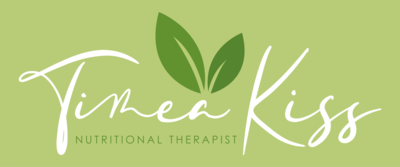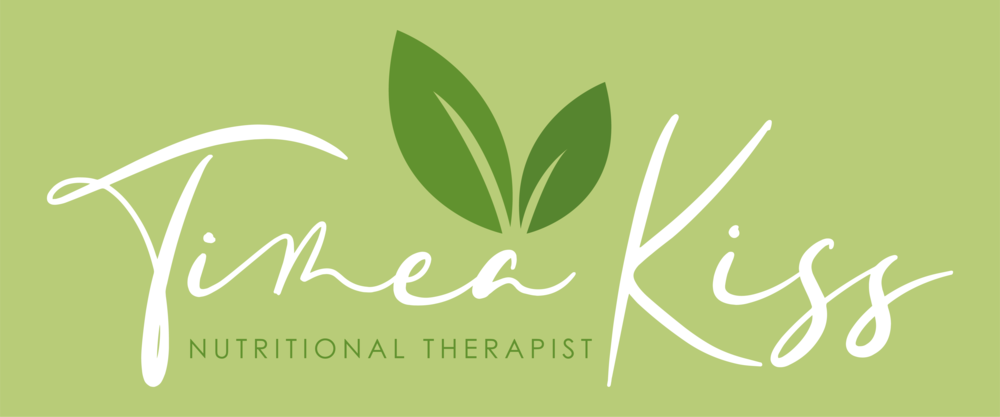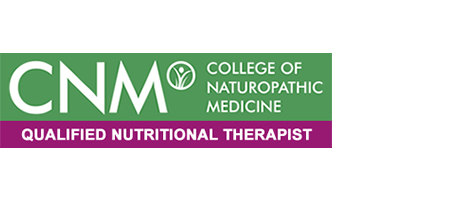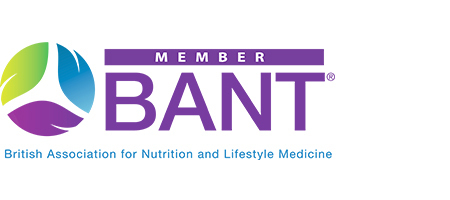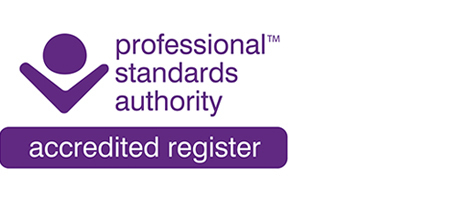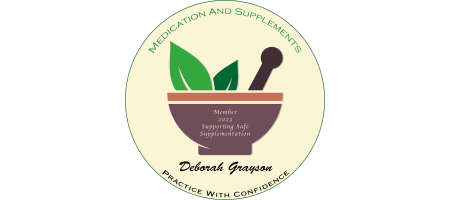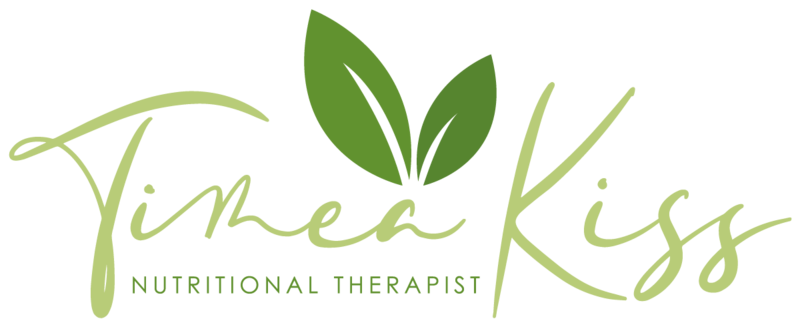Why Boosting your Immune System is Not a Good Idea

posted 23rd September 2023

The Pitfalls of Boosting Your Immune System
In an age where health and wellness have taken centre stage, it's not surprising that many people are eager to boost their immune systems.
The immune system plays a crucial role in defending the body against infections, so the idea of strengthening it seems like a natural way to stay healthy.
However, the concept of "boosting" your immune system is not as straightforward as it may seem.
In fact, there are several reasons why attempting to supercharge your immune system may not be a good idea.
Balance is Key
The immune system is a complex network of cells, proteins, and tissues that must strike a delicate balance between defense and tolerance.
Overstimulating or boosting the immune system can disrupt this balance, leading to various health problems.
For example, an overactive immune response can result in autoimmune diseases, where the immune system attacks the body's own tissues, causing inflammation and damage.
Autoimmune Risks
One of the most significant concerns with attempting to boost the immune system is the potential for triggering autoimmune diseases.
Conditions like rheumatoid arthritis, lupus, and multiple sclerosis are thought to arise from an overactive immune system.
While these conditions also have a genetic component, they can also be triggered or exacerbated by immune system dysregulation.
Trying to boost your immune system excessively may inadvertently increase your risk of developing such disorders.
Potential for Allergies
A hypersensitive immune system can lead to allergies. When the immune system is overstimulated, it can mistake harmless substances like pollen, dust, or certain foods as threats.
This can result in allergic reactions, ranging from mild symptoms like sneezing and hives to severe anaphylactic shock.
Boosting your immune system without moderation may increase your susceptibility to allergies.
Increased Inflammation
Inflammation is a natural response that helps the body fight off infections and heal injuries.
However, chronic or excessive inflammation is linked to various chronic diseases, including heart disease, diabetes, and cancer.
Intentionally boosting your immune system can lead to unnecessary inflammation, potentially contributing to these health problems.
Immune Fatigue
Constantly trying to stimulate or boost your immune system can lead to a state of immune fatigue.
This occurs when the immune system becomes less responsive to stimuli over time, making it less effective at defending against infections.
Immune fatigue can leave you more vulnerable to illnesses and less able to mount a robust response when needed.
Misguided Approaches
The idea of "boosting" the immune system has led to a proliferation of unproven and potentially harmful practices and products in the wellness industry.
From supplements to extreme diets, individuals are often bombarded with misleading information about how to supercharge their immunity.
These misguided approaches can waste time, money, and potentially endanger health.
Conclusion
While maintaining a healthy lifestyle with proper nutrition, exercise, and adequate sleep can support your immune system, attempting to artificially boost it beyond its natural capacity is not advisable.
Your immune system is a finely tuned defense mechanism that requires balance and moderation.
Overstimulating it can lead to unintended consequences, including autoimmune diseases, allergies, inflammation, and immune fatigue.
Instead of trying to artificially enhance your immune system, focus on overall health and well-being to help it function optimally.
Consult with a Registered Nutritional Therapist for guidance on maintaining a healthy immune system and managing any specific health concerns you may have.
Transform Your Health, book a FREE 30 minute discovery call today Click here to book
